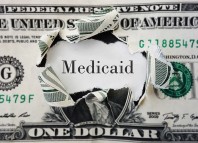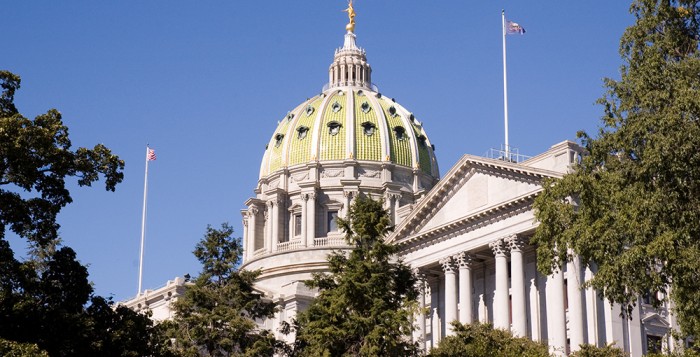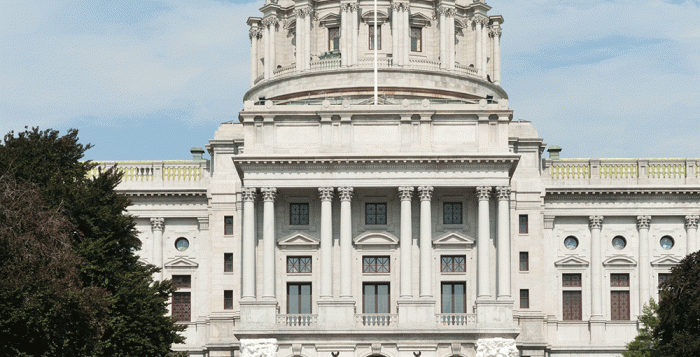Yesterday, Speaker Mike Turzai (R – Allegheny County) announced the House majority chairs for the 2019–20 legislative session. The Republicans control the Pennsylvania House in the General Assembly and will be in charge of the legislative calendar. The following are the majority chairs:
Aging and Older Adult Services:
Rep. Thomas Murt, 152nd Legislative District, Montgomery and Philadelphia counties.
Agriculture and Rural Affairs:
Rep. Martin Causer, 67th Legislative District, Cameron, Potter, and McKean counties.
Children and Youth:
Rep. Karen Boback, 117th Legislative District, Lackawanna, Luzerne, and Wyoming counties.
Commerce:
Rep. Mark Keller, 86th Legislative District, Cumberland and Perry counties.
Consumer Affairs:
Rep. Brian Ellis, 11th Legislative District, Butler County.
Education:
Rep. Curt Sonney, 4th Legislative District, Erie County.
Environmental Resources and Energy:
Rep. Daryl Metcalfe, 12th Legislative District, Butler County.
Ethics:
Rep. Frank Farry, 142nd Legislative District, Bucks County.
Finance:
Rep. Michael Peifer, 139th Legislative District, Pike and Wayne counties.
Game and Fisheries:
Rep. Keith Gillespie, 47th Legislative District, York County.
Gaming Oversight:
Rep. Jim Marshall, 14th Legislative District, Beaver and Butler counties.
Health:
Rep. Kathy Rapp, 65th Legislative District, Forest and Warren counties.
Human Services:
Rep. Gene DiGirolamo, 18th Legislative District, Bucks County.
Insurance:
Rep. Tina Pickett, 110th Legislative District, Bradford, Sullivan, and Susquehanna counties.
Judiciary:
Rep. Rob Kauffman, 89th Legislative District, Franklin County.
Labor and Industry:
Rep. Jim Cox, 129th Legislative District, Berks and Lancaster counties.
Liquor Control:
Rep. Jeff Pyle, 60th Legislative District, Armstrong, Butler, and Indiana counties.
Local Government:
Rep. Dan Moul, 91st Legislative District, Adams County.
Professional Licensure:
Rep. Dave Hickernell, 98th Legislative District, Lancaster and Dauphin counties.
State Government:
Rep. Garth Everett, 84th Legislative District, Lycoming and Union counties.
Tourism and Recreational Development:
Rep. David Millard, 109th Legislative District, Columbia County.
Transportation:
Rep. Tim Hennessey, 26th Legislative District, Chester and Montgomery counties.
Urban Affairs:
Rep. Sue Helm, 104th Legislative District, Dauphin and Lebanon counties.
Veterans Affairs and Emergency Preparedness:
Rep. Stephen E. Barrar, 160th Legislative District, Chester and Delaware counties.
Questions, please contact Jack Phillips, RCPA Director of Government Affairs.















